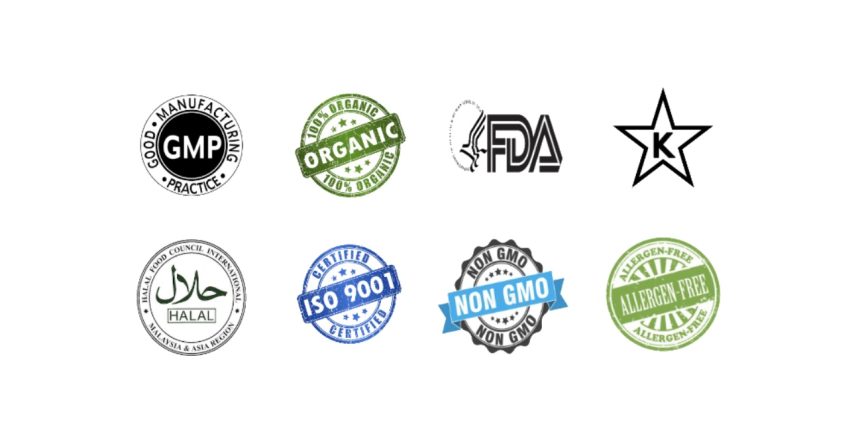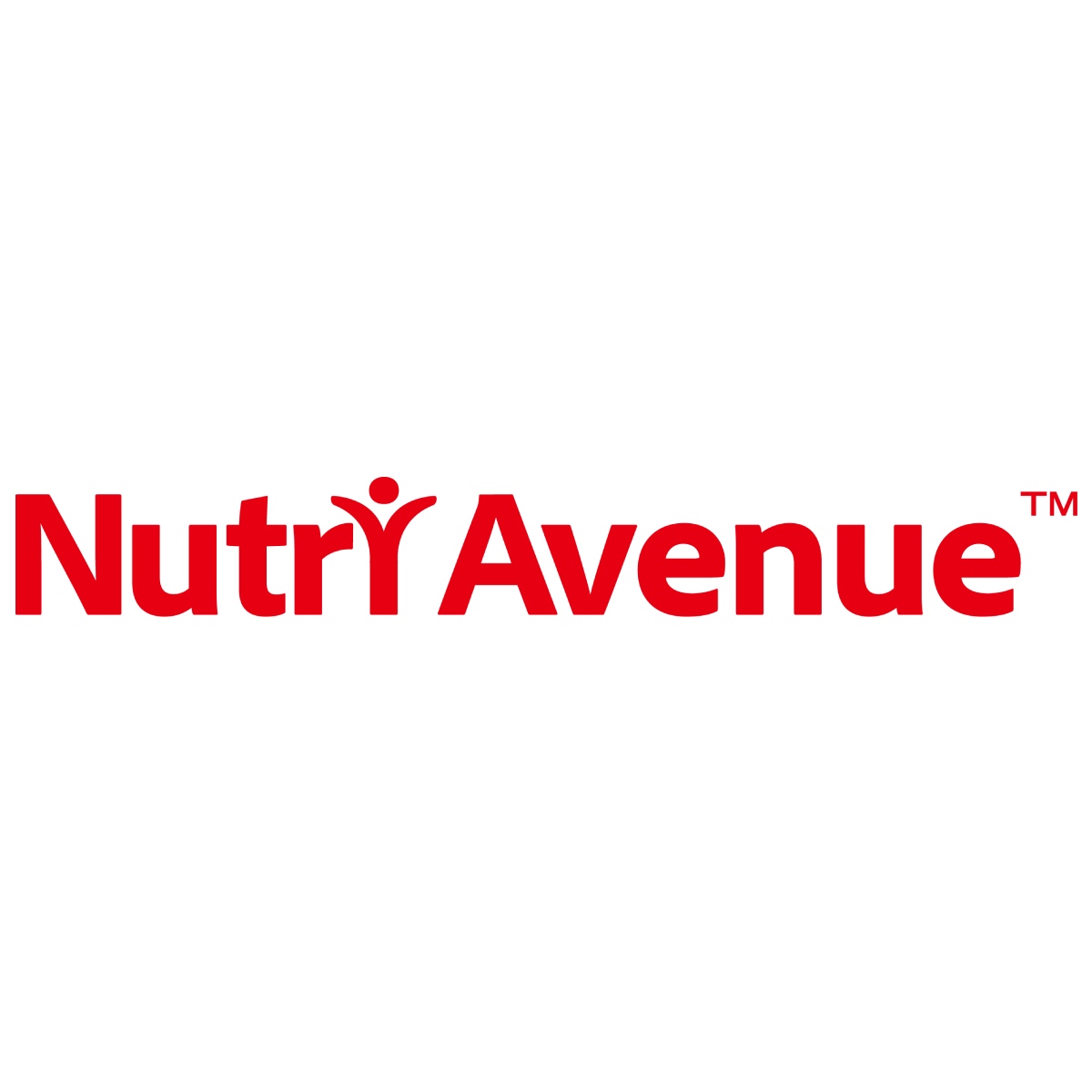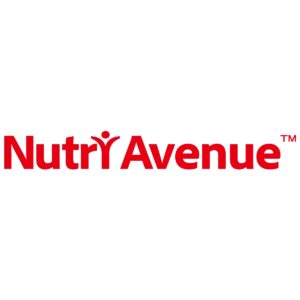Introduction
The global supplement industry is growing rapidly, with consumers becoming more health-conscious and seeking products to support their well-being. Supplement ingredient suppliers play a critical role in these products’ quality, safety, and effectiveness. To maintain high standards, these suppliers are required to obtain specific certifications. This article will discuss the essential certifications needed for supplement ingredient suppliers and their significance in ensuring quality and safety.
Understanding Certifications
As the dietary supplement industry continues to grow and evolve, consumers are becoming increasingly conscious of the safety and efficacy of their products. This has made it imperative for supplement ingredient suppliers to adhere to strict standards to ensure their products’ quality, safety, and efficacy. Various certifications are available to help ingredient suppliers demonstrate their commitment to these standards. This article will explore the key certifications needed for supplement ingredient suppliers, their importance, and how they contribute to the overall trust and reliability of the industry.
Certifications Serve Several Purposes And Benefits
The purpose of certifications for supplement ingredient suppliers is to ensure the quality, safety, and efficacy of the ingredients used in dietary supplements. Certifications serve as a validation that the suppliers are adhering to strict industry standards and guidelines. They contribute to the overall trust and reliability of the supplement industry by providing reassurance to consumers, manufacturers, and regulators. The main purposes of these certifications include:
Quality Assurance: Certifications ensure suppliers follow best practices and maintain high-quality standards throughout production. This includes using approved raw materials, following proper manufacturing processes, and implementing quality control measures.
Consumer Safety: Certifications help protect consumers by ensuring that the ingredients used in supplements are safe, free from contamination, and meet the required purity standards. This reduces the risk of adverse health effects that may result from consuming low-quality or contaminated products.
Regulatory Compliance: Certifications demonstrate that supplement ingredient suppliers are adhering to local and international regulations, such as the US FDA’s Good Manufacturing Practices (GMP) guidelines or the European Union’s regulations on food supplements. This helps suppliers maintain a good standing with regulatory authorities and avoid legal issues or penalties.
Market Differentiation: Obtaining certifications can help supplement ingredient suppliers differentiate themselves from competitors by showcasing their commitment to quality, safety, and transparency. This can result in increased trust from manufacturers and consumers, potentially leading to a competitive advantage in the marketplace.
Global Recognition: Many certifications, such as NSF International or GMP, are recognized worldwide, which can help suppliers expand their market reach and gain access to new business opportunities.
8 Certifications For Supplement Ingredient Suppliers
Several types of certifications are available for supplement ingredient suppliers, each with a specific focus on different aspects of the production process and quality assurance. Some of the most prominent certifications include:
Good Manufacturing Practices (GMP) Certification
GMP certification ensures that the supplement ingredients are produced in a clean and controlled environment, adhering to quality standards set by regulatory authorities like the US FDA or the European Union.
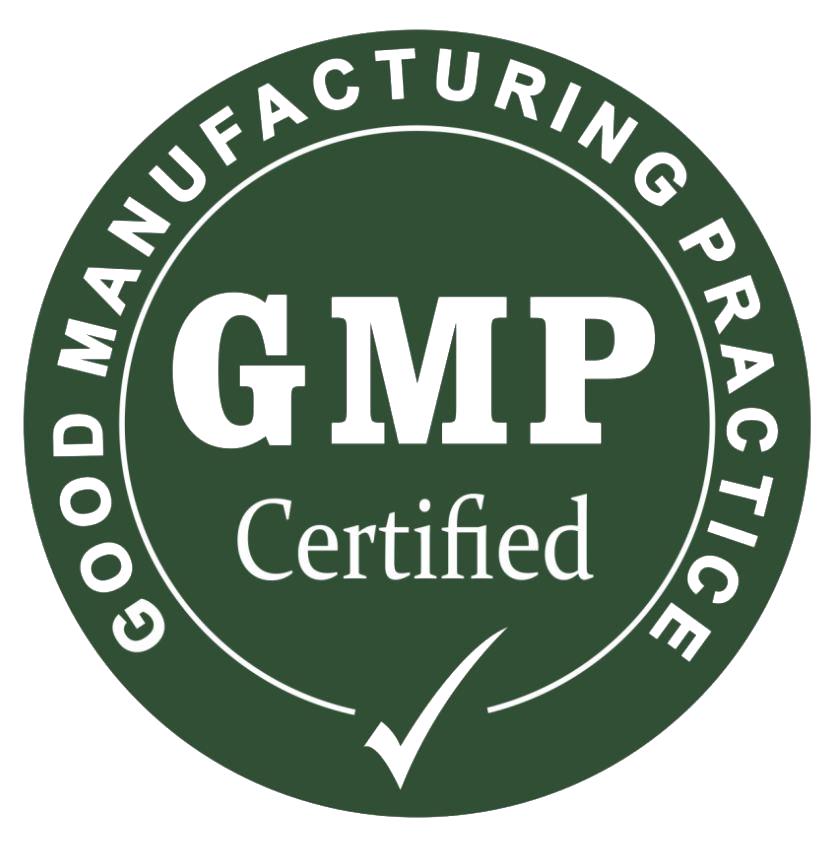
NSF International Certification
NSF/ANSI 173 is the American National Standard for dietary supplements and covers ingredient suppliers. This certification validates that suppliers comply with rigorous public health standards related to ingredient quality, safety, and manufacturing processes.
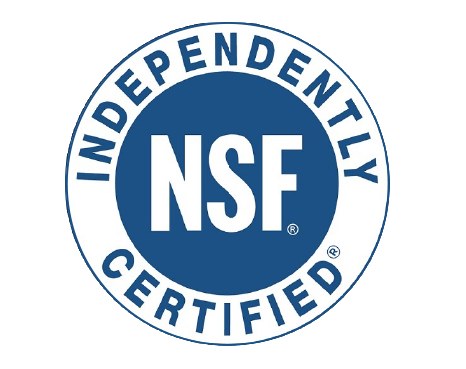
ISO Certifications
The International Organization for Standardization (ISO) offers various certifications, such as ISO 9001 for quality management systems and ISO 22000 for food safety management systems. These certifications help ensure that suppliers maintain consistent quality throughout their operations and adhere to internationally recognized standards.
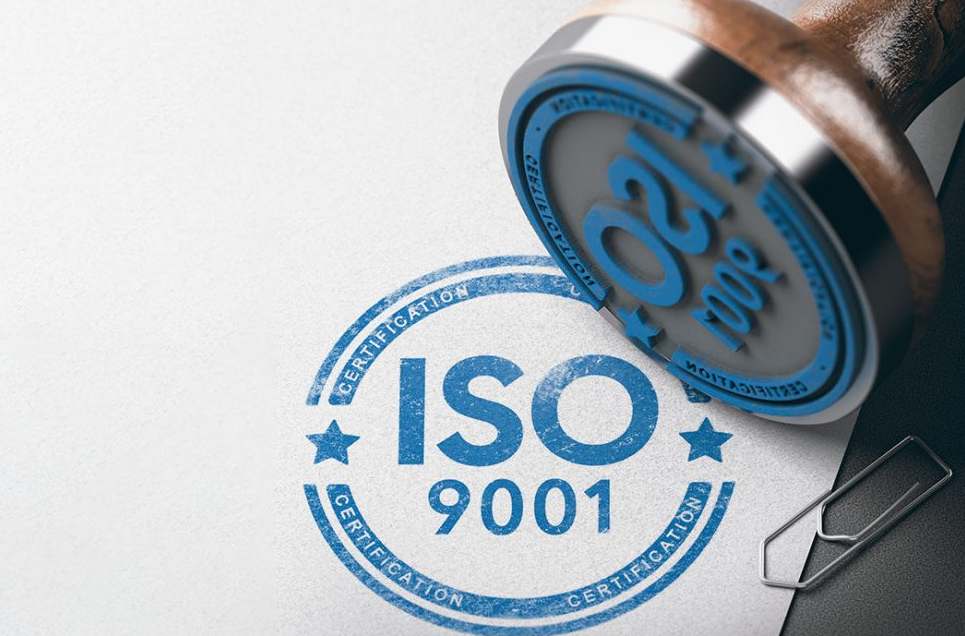
HACCP Certification
Hazard Analysis and Critical Control Points (HACCP) is a systematic preventive approach to food safety. HACCP certification demonstrates that a supplier has implemented a robust food safety management system to identify, evaluate, and control potential hazards throughout production.
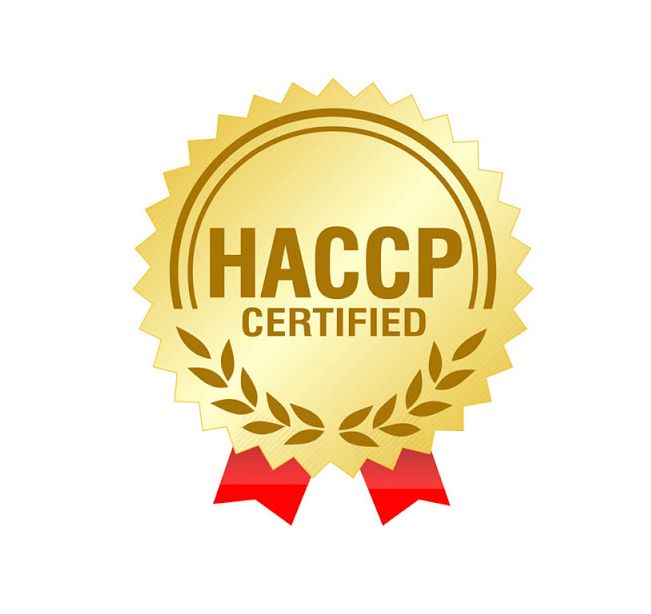
Organic Certification
For suppliers offering organic ingredients, obtaining certification from organizations such as the United States Department of Agriculture (USDA) or the European Union’s organic certification program ensures that the ingredients are sourced, processed, and handled according to strict organic standards.
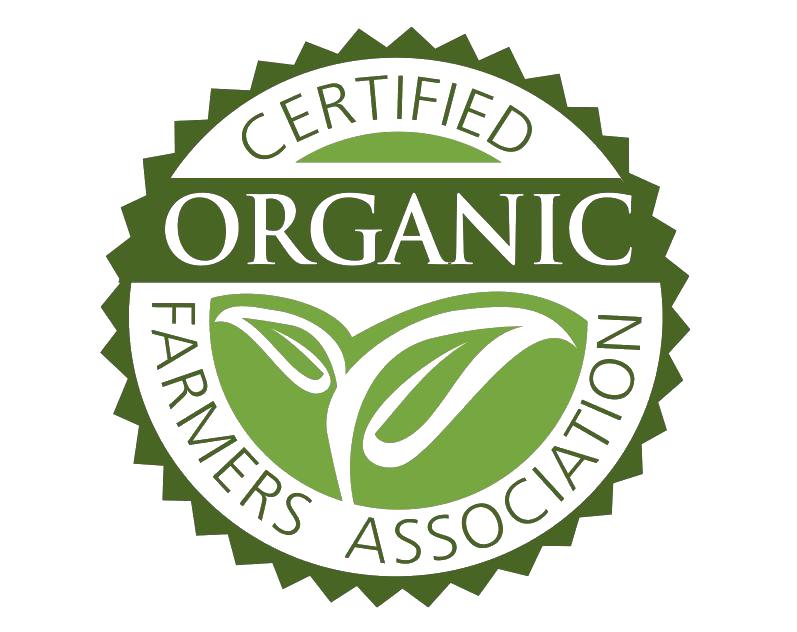
Non-GMO Project Verified
This certification is awarded to suppliers who can verify that their ingredients are free from genetically modified organisms (GMOs). It provides assurance to consumers and manufacturers that the ingredients have been produced without the use of GMOs.
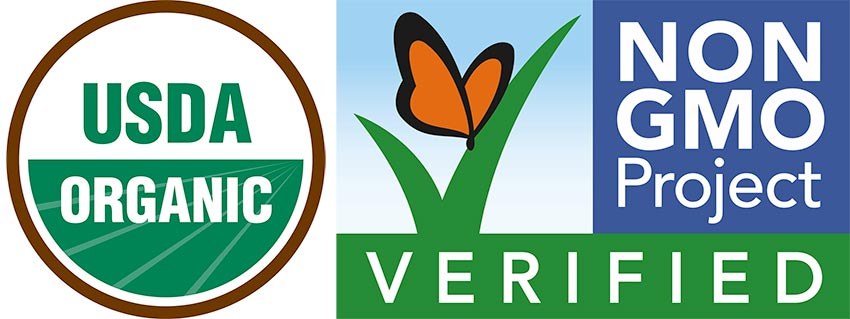
Kosher and Halal Certifications
Kosher and Halal certifications confirm that the ingredients comply with Jewish and Islamic dietary laws for suppliers catering to specific religious or dietary requirements.
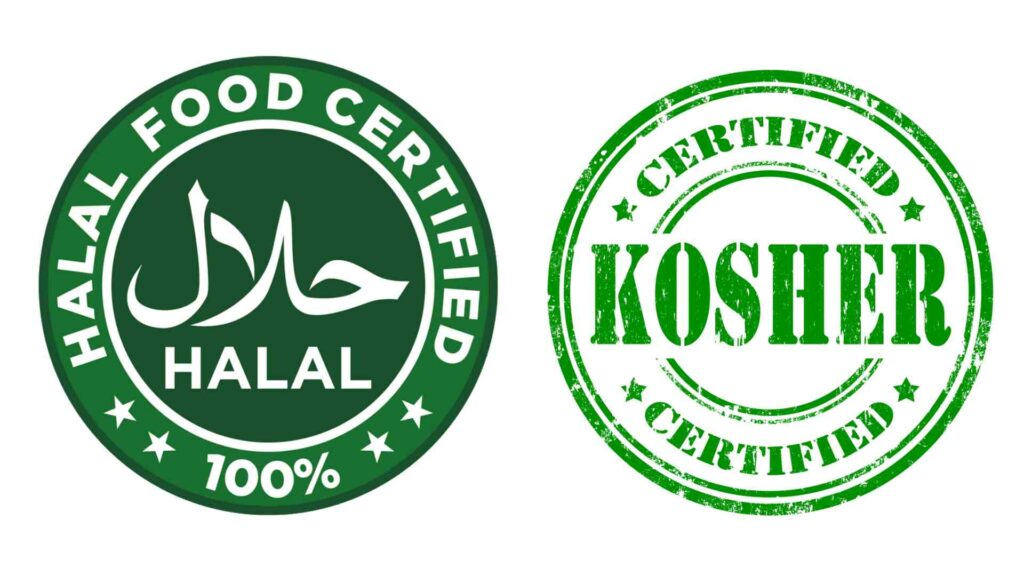
Fair Trade Certification
This certification is granted to suppliers who promote sustainable and ethical practices in their supply chain, including fair labor conditions and environmental responsibility.
How Do Supplement Ingredients Get Certify?
The process of certifying ingredients involves a series of steps to ensure that they meet the established quality, safety, and regulatory standards. Here is a general overview of the certification process for supplement ingredient suppliers:
- Selection of certification: The supplier chooses the appropriate certification(s) that best align with their business goals, target markets, and customer requirements. It may include GMP, NSF International, ISO, Organic, Non-GMO Project Verified, Kosher, Halal, or Fair Trade Certification.
- Review of requirements: The supplier thoroughly reviews the specific guidelines and requirements associated with the chosen certification(s). This includes understanding the documentation, testing, and quality control procedures required to demonstrate compliance.
- Implementation of standards: The supplier implements the necessary changes in their manufacturing processes, quality management systems, and supply chain practices to comply with the certification requirements. This may involve updating equipment, and facilities, training staff, or sourcing raw materials from certified suppliers.
- Documentation and record-keeping: The supplier maintains detailed records of their processes, tests, and procedures to provide evidence of compliance with the certification requirements. This documentation should be readily available for review by auditors or inspectors.
- Third-party audit or inspection: In most cases, certification requires a third-party audit or inspection to verify compliance with the standards. An accredited certifying body or inspection agency will assess the supplier’s facilities, processes, documentation, and records to ensure they meet the certification requirements.
- Certification issuance: If the supplier successfully demonstrates compliance with the certification requirements, the certifying body will issue a certificate or other proof of certification. The supplier can then use this certification to market their products and assure customers of their commitment to quality and safety.
- Ongoing compliance and surveillance: Certifications typically require ongoing compliance, with periodic audits or inspections to ensure that the supplier meets the certification standards. Suppliers must maintain their quality management systems, update their procedures as needed, and be prepared for unannounced audits or inspections.
Several supplement ingredients can be sourced and certified as Non-GMO Project Verified, Kosher, Halal, and Fair Trade. Suppliers prioritizing ethical and sustainable practices may offer certified ingredients to cater to diverse consumer preferences and market demands. Here are a few examples of supplement ingredients that can carry these certifications:
- Spirulina: Spirulina is a blue-green algae used as a dietary supplement for its high protein content and rich nutrient profile, including vitamins and minerals. Spirulina can be sourced from suppliers who have obtained Non-GMO Project Verification, Kosher and Halal certifications, and adhere to Fair Trade practices.
- Turmeric: Turmeric, derived from the root of the Curcuma longa plant, is a popular supplement ingredient for its anti-inflammatory and antioxidant properties. Turmeric can be sourced as Non-GMO Project Verified, Kosher, Halal, and Fair Trade certified, ensuring high quality and ethical production.
- Green coffee bean extract: Green coffee bean extract is used as a supplement ingredient for its potential weight management and antioxidant benefits. It can be sourced as Non-GMO Project Verified, Kosher, Halal, and Fair Trade certified, promoting sustainable and ethical practices in the coffee industry.
Conclusion
In conclusion, certifications for supplement ingredient suppliers play a crucial role in maintaining the dietary supplement industry’s integrity, safety, and quality. These certifications provide a standardized framework for suppliers to follow, ensuring they adhere to best practices and regulatory requirements. By obtaining these certifications, supplement ingredient suppliers demonstrate their commitment to transparency, quality control, and consumer safety.
Certifications help build trust and credibility among consumers and manufacturers and contribute to the supplement industry’s overall growth and stability. They encourage suppliers to maintain high-quality standards, adopt ethical practices, and invest in continuous improvement to meet the ever-evolving demands of the market.
In an increasingly competitive and globalized market, certifications are a valuable tool for supplement ingredient suppliers to differentiate themselves, attract new business opportunities, and cater to diverse consumer preferences. As the industry continues to evolve, the importance of certifications will likely grow, further solidifying their role as a cornerstone of quality assurance and consumer confidence in the world of dietary supplements.
As an FDA-registered bulk raw ingredients supplier, Nutri Avenue offers these certifications to prove our ingredient products’ quality and safety.

